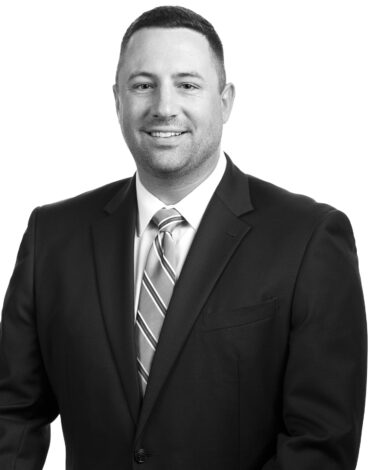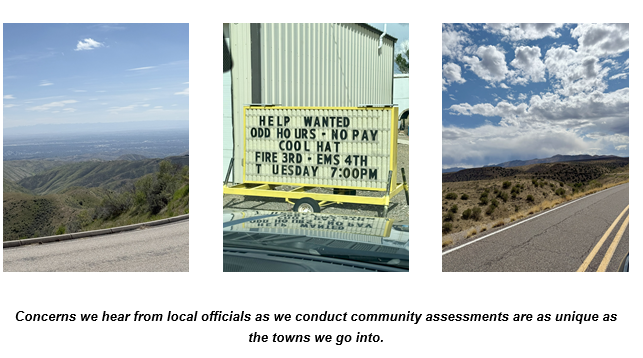By Charlie Hannema, a Strategic Communications Consultant on the Frontlines of U.S. Reindustrialization
In a previous edition of The Briefing Room, a colleague wrote, “You can’t out-press-release NIMBY (not in my backyard) opposition. You have to out-relationship it.”
When it comes to economic development—large or small—local relationships matter more than ever. And they need to start earlier than ever.
You’ve probably heard the phrase, “If you don’t tell your own story, someone else will.” In today’s polarized environment, it’s easier than ever for a small group of citizens to ignite outrage and shape the narrative before companies even know what hit them.
That’s where Cornerstone comes in.
With deep experience in journalism, leading communications efforts for local, state and federal elected officials, as well as corporate strategy, our team offers comprehensive community assessments to help clients navigate development opportunities. We ask the questions reporters will ask, identify constituent concerns, map local influence, and understand how elected officials view the world.
By gathering “boots on the ground” intelligence under the Cornerstone banner, our clients are better positioned to engage communities when the time is right.
To be sure, many companies already have robust internal processes—evaluating real estate, infrastructure, logistics, workforce, and more. But one critical question is often overlooked: Does this community want us here?
The days of businesses bigfooting their way into towns with promises of jobs—without building relationships—are over. Even the best site, at the best price, is worthless if the local government won’t issue permits.
In 2025, AI can offer a wealth of data about a community. But it can’t sit across from a county commissioner and listen. It can’t understand the lived experiences that shape beliefs. AI might tell you what someone thinks—but not why.
At Cornerstone, we can. And we do.
We meet face-to-face with local leaders. We learn that a wildfire nearly reached a commissioner’s home—and advise our clients to be ready for deep conversations about fire mitigation. We share coffee with city planners and uncover sore spots from past projects that helps understand potential barriers and inform a better approach. We eat lunch at local diners and ask the right questions to community members—helping clients make meaningful philanthropic investments instead of deploying one-size-fits-all strategies that miss the mark or, even worse, stir tension.
Local officials—especially in smaller, rural communities—want to be heard. They don’t want outsiders talking at them. As a neutral third party, we start honest conversations and make it clear: we only want to be there if they want us there.
A great leader once told me, “Everything counts because everything communicates.”
A few years ago, I supported a tech company working to build a factory in rural Oklahoma. At a community open house, it was clear some folks from Silicon Valley stuck out like sore thumbs while mingling with the people of my great state—so much so that I got two texts on the drive home asking where I got my cowboy boots.
When I talk about our community assessments, I often say: Let us stub our toes so you don’t have to stub yours.
In today’s business environment, it doesn’t make sense to force a square peg into a round hole. Investing in community assessments early pays dividends. And yes—buy the boots. They’re not always cheap, but they’re always worth it.

At Cornerstone, Charlie Hannema works with clients across the country on economic development, education, energy, agriculture and financial policy issues. In the energy sector, he specializes in conducting community assessments during early project development—evaluating local sentiment and building connections with community leaders and elected officials—and providing long-term support to energy companies by tailoring messaging to resonate with wide-ranging stakeholders. Before joining Cornerstone, Charlie served as Chief of Communications for Oklahoma Governor Kevin Stitt.
